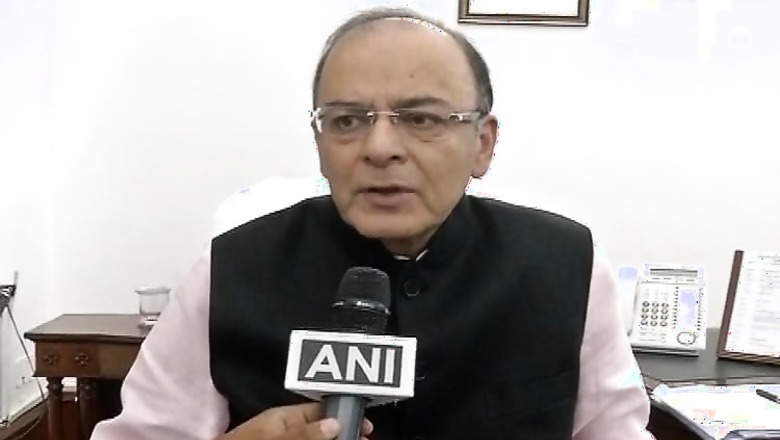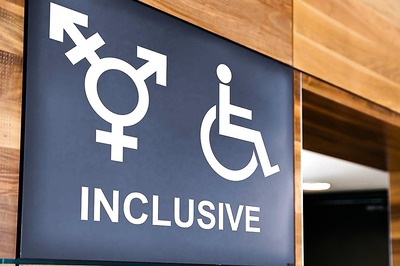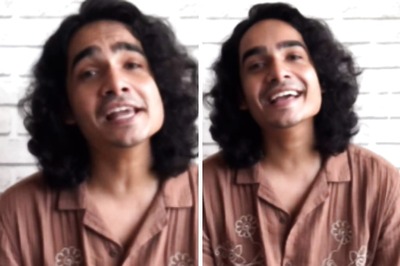
views
New Delhi: Government on Wednesday said it is committed to pursuing subsidy reforms by efficient targeting of subsidies to the poor and needy while saving the 'scarce financial resources' for infrastructure and development needs.
Stating that it was essential to gradually reduce expenditure on subsidy through reforms to meet fiscal deficit targets, Finance Minister Arun Jaitey also said that the Seventh Pay Commission award "poses a risk".
The outlay on salary is estimated to go up to Rs 1.16 lakh crore in 2016-17 and Rs 1.28 lakh crore in 2017-18 from Rs 1 lakh crore this fiscal. In case of pension, the expenditure is estimated to rise to Rs 1.02 lakh crore in 2016-17 and Rs 1.12 lakh crore in 2017-18 from Rs 88,521 crore this fiscal.
In his Medium-Term Expenditure Framework Statement tabled in Parliament, Jaitley however said that the macro-economic scenario has improved significantly on back of higher growth and subdued inflation. He also exuded confidence that interest rates will decline in coming years.
"Macro-economic outcomes have improved significantly, primarily with the revival of economic growth and subsidence of inflationary tendencies," Jaitley said.
GDP has improved from 6.9 per cent in 2013-14 to 7.3 per cent in 2014-15. It's expected to be 8-8.5 per cent in the current financial year.
On expenditure control measures, Jaitley said the government is committed to "progressively pursuing subsidy reforms in a manner that will ensure efficient targeting of subsidies to the poor and needy while saving scarce financial resources for investment in infrastructure and pursuit of new development programme".
Referring to policy decisions like deregulation of oil taken by the government in 2014-15, Jaitley said it has helped in rationalising expenditure, ensuring fiscal discipline and creating space for financing welfare programme.


















Comments
0 comment